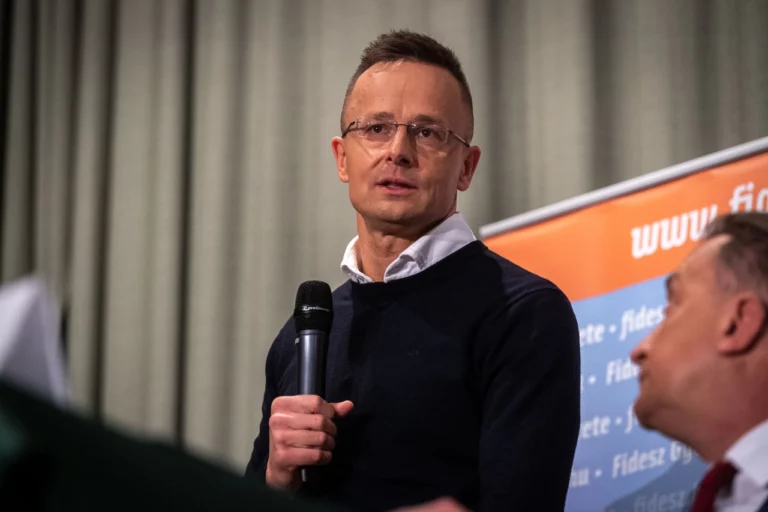Türkiye
New flight between Budapest and Istanbul – first plane landed, PHOTOS

Minister about migration: “we, Hungarians were right”

Hungarian Gripens scrambled because of bomb threat on Turkish aircraft

Is there a way for Hungary to reduce its dependency on Russian energy?

Hungary, Turkey set up joint economic and trade committee

Cornerstone laid for the new 3,000 sqm Hungarian Embassy in Ankara

China, Turkey foreign Ministers phone in congratulations

Military superpowers to send soldiers to NATO’s new Hungarian battalion

Szijjártó: “Sanctions should not endanger Hungary’s energy supply”

Here are the new summer destinations from Budapest Airport!

Turkish Sisecam receives €1.8 million grant from Hungarian state

Meeting of EU foreign ministers: Hungary calls for change in EU’s Africa, Middle East policy

More investments came from the East to Hungary in 2021 than from the West

Emergency landing: here is why a Paris-Debrecen flight landed in Budapest
Two emergency landings have been carried out at Budapest Airport within a week. The urgent actions also saved lives. Here...
Turkish plane made an emergency landing in Budapest!

Turkey-Visegrad Group foreign ministers meeting held in Budapest

50 Turkish policemen will join the border protection in Hungary

Hillary Clinton: Hungary is ruled by an autocratic, greedy, and corrupt leader





 ZH
ZH IT
IT DE
DE HR
HR NL
NL FR
FR JA
JA RO
RO RU
RU ES
ES TR
TR
